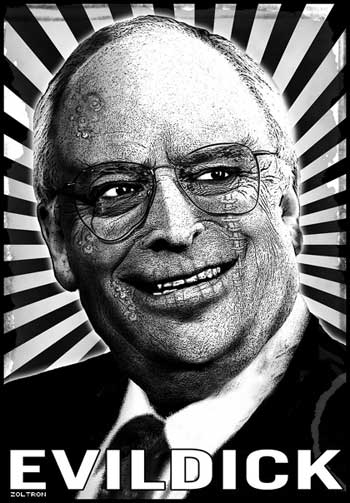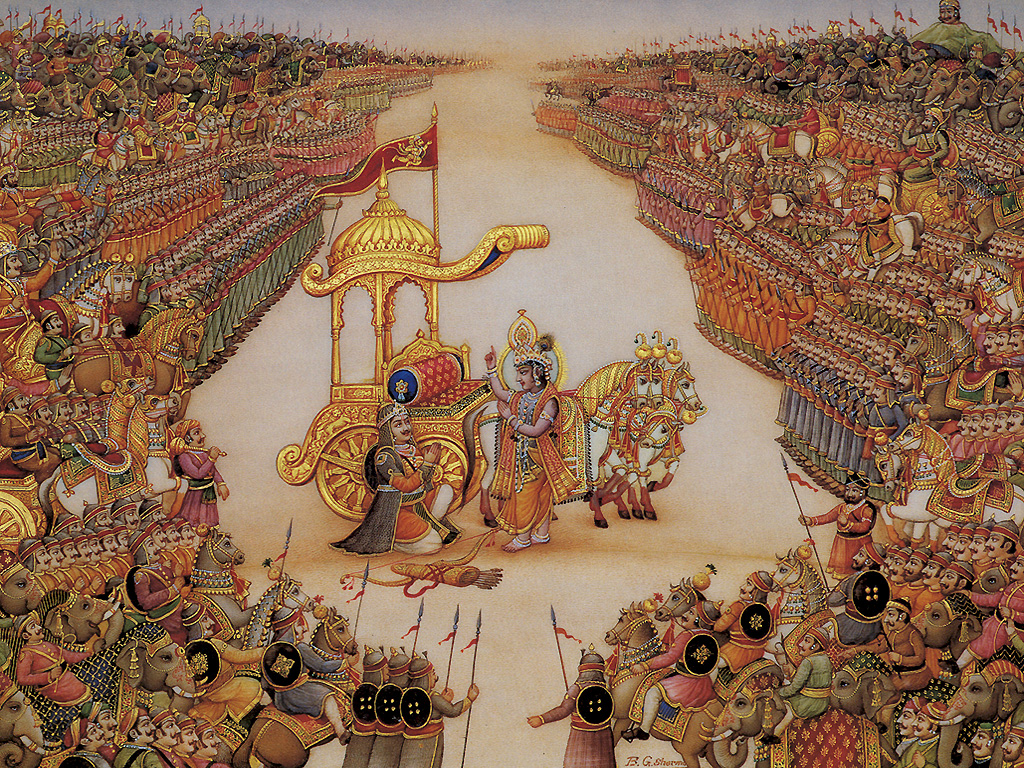
.
Wait wait wait! You see the whole country of the system is juxtapositioned by the haemoglobin in the atmosphere because you are a sophisticated rhetorician intoxicated by the exuberance of your own verbosity!
There was no moon that night, and only the shepherds high up on the mountains noticed the dark storm clouds approaching from the south. The town’s inhabitants noticed nothing, for they were not expecting anything. The rainy season was after all still two months away.
Around ten thirty, when dinners had been eaten and dishes washed and stacked, and most families were sitting together in bed (because the television is always in the bedroom, not the living room), watching on cable television the latest episode of that hill-station murder mystery cum horror story which had gripped everyone’s imagination, the lights went out. The younger children shrieked in possibly feigned terror, the older ones groaned loudly in frustration. The adults kept quiet and said nothing. They knew from long experience the futility of getting worked up about things beyond their control. And electricity outages were a common enough occurrence.
The households without children noticed it a second before the others. The wind outside was becoming louder and more aggressive. With a sudden sense of urgency, women felt in the dark with their feet for slippers. They had sensed what was coming.
Weather can change rapidly up on the hill-stations. A gentle breeze will suddenly turn ferocious, blowing dust and leaves everywhere. Especially into everyone’s houses. In the time it takes to close the windows, the dust storm dies down. There is a moment of complete silence. Then the rain starts. Raindrops and hailstones first fall, and then crash violently onto the corrugated metal rooftops. The wind picks up again, except now it is cold and clean and wet. Suddenly and spectacularly the night sky is lit a whitish purple, you see the whole valley below you, and then a second later darkness while your ears, already under assault, are deafened by a belated roar of thunder.
It was such a storm that fell that night. It raged through the night with such uncommon ferocity that everyone’s hearts were filled with fear. Children clung to their mothers, sometimes in competition with their fathers. Married people held their spouses close (except for Mrs. Frangipani, whose husband was out of town and who was holding her hairdresser) while the unmarried cursed their luck. Even the stray dogs huddled together for warmth and comfort.

 then dick cheney goes on live to refute these charges...but he's in hawaii and all confused about the time zones, and he doesn't realise it's midnight...and as the world watches he turns into a werewolf/vampire who then attacks everybody.
then dick cheney goes on live to refute these charges...but he's in hawaii and all confused about the time zones, and he doesn't realise it's midnight...and as the world watches he turns into a werewolf/vampire who then attacks everybody. The moody Saddam makes a declaration. "I will stop both the anti-christ and osama! But only once I finish writing my latest romance novel."
The moody Saddam makes a declaration. "I will stop both the anti-christ and osama! But only once I finish writing my latest romance novel." Having suspended democratic government and ruling by military force, bush administration continues to be in the seat of power.
Having suspended democratic government and ruling by military force, bush administration continues to be in the seat of power.
 Men will tell of thy dishonour... And to a man who is in honour, dishonour is worse than death (2:34)
Men will tell of thy dishonour... And to a man who is in honour, dishonour is worse than death (2:34) Anyway, good night everybody, and as the stickers and posters in this neighbourhood say these days, "Say Gouranga! And Be Happy!"
Anyway, good night everybody, and as the stickers and posters in this neighbourhood say these days, "Say Gouranga! And Be Happy!"